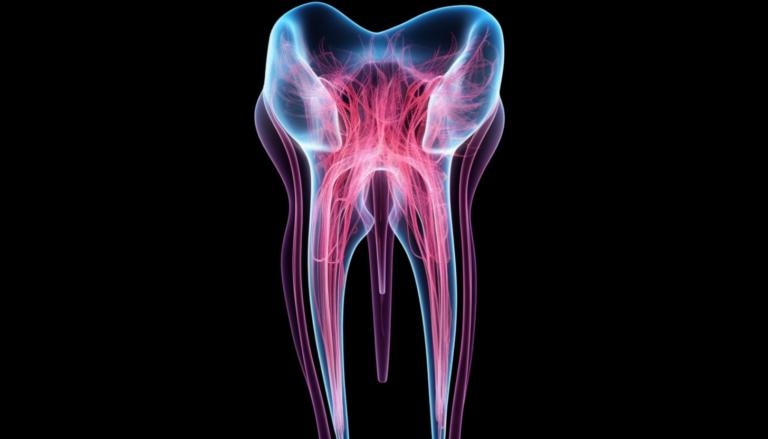The Path to Relief: Understanding Root Canals
At Select Dental Health, your comfort and wellbeing are our priority during root canal therapy. This common yet crucial procedure treats deep tooth infections, restoring oral health and relieving pain. Our dedicated team ensures a smooth, efficient process, providing immediate relief and guiding you every step of the way towards your recovery. Choose Select Dental Health to safeguard your dental health with our expert root canal services.
Benefits
- Pain Relief: Root canals are performed to relieve severe tooth pain caused by infection or damage to the tooth's pulp. The procedure eliminates the source of the pain, providing significant relief.
- Tooth Preservation: Root canals allow for the preservation of the natural tooth structure. By removing the infected pulp and sealing the canals, the tooth can be saved and continue to function effectively.
- Restored Chewing and Speaking: Root canals address the underlying issue, restoring the tooth's functionality. This allows you to chew and speak without discomfort or limitations.
- Natural Appearance: With the placement of a dental crown or other suitable restoration, the treated tooth can maintain its natural appearance, blending seamlessly with the surrounding teeth.
- Preventing Further Dental Problems: Root canals eliminate infection and prevent its spread to neighboring teeth or surrounding tissues. By treating the tooth promptly, you can avoid more extensive dental procedures or potential tooth loss.
- Long-Term Solution: Root canals offer a durable and long-lasting solution for infected or damaged teeth. With proper care and regular dental check-ups, the treated tooth can remain healthy for many years.
- Improved Overall Oral Health: By preserving the natural tooth and eliminating infection, root canals contribute to improved oral health. Maintaining a healthy tooth structure supports the alignment and integrity of your surrounding teeth.
Process
- Evaluation and Diagnosis: The dentist will examine your tooth and review X-rays to determine if a root canal is necessary. The evaluation helps identify the extent of the infection or damage within the tooth.
- Anesthesia: Local anesthesia is administered to numb the area surrounding the affected tooth, ensuring a comfortable and pain-free experience during the procedure.
- Access and Removal: The dentist creates a small access opening in the tooth to reach the infected or damaged pulp inside. The infected pulp is carefully removed from the root canals using specialized dental instruments.
- Cleaning and Disinfection: The root canals are thoroughly cleaned and shaped to remove any remaining debris and bacteria. Antiseptic solutions may be used to disinfect the canals and prevent further infection.
- Filling and Sealing: Once the canals are cleaned and disinfected, they are filled with a biocompatible material called gutta-percha. The canals are then sealed to prevent reinfection.
- Restoration: After the root canal procedure, your dentist may recommend placing a dental crown or other restorative option to protect and strengthen the treated tooth, restoring its function and appearance.


